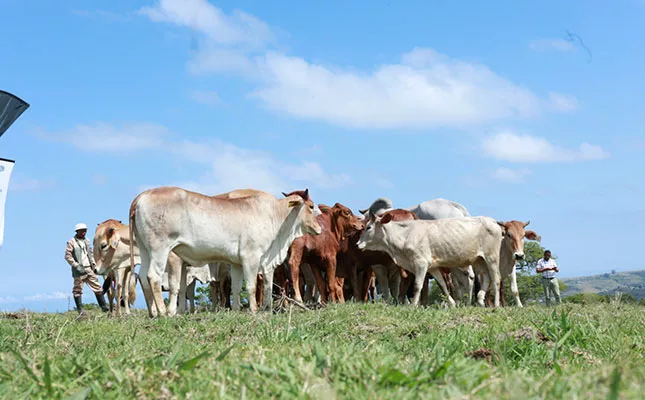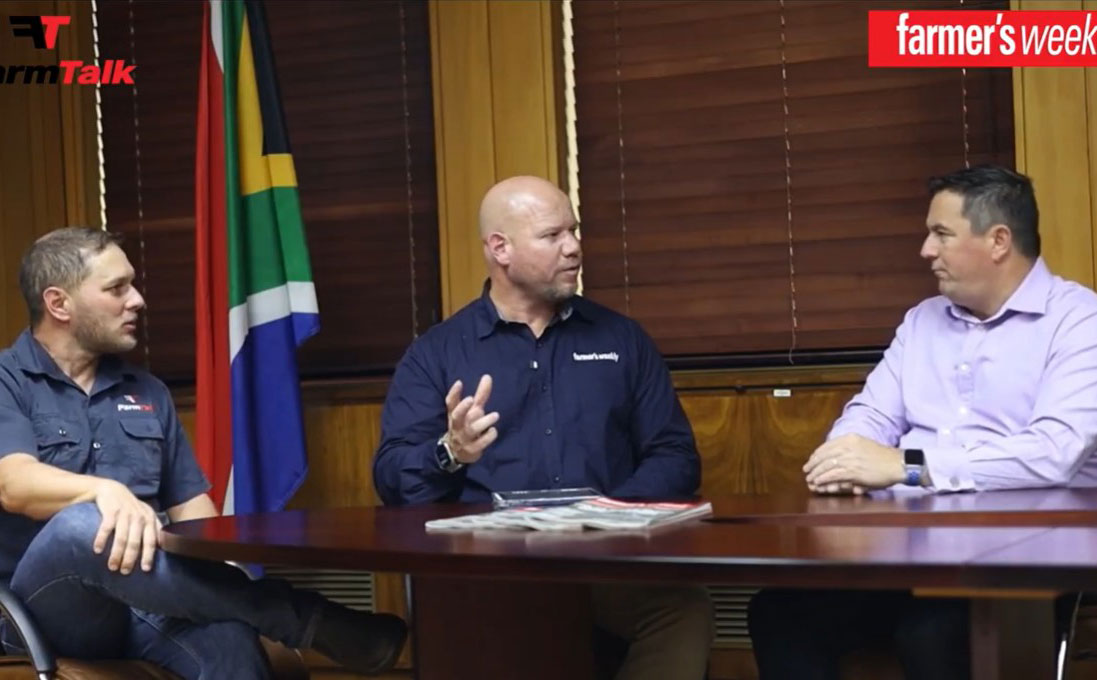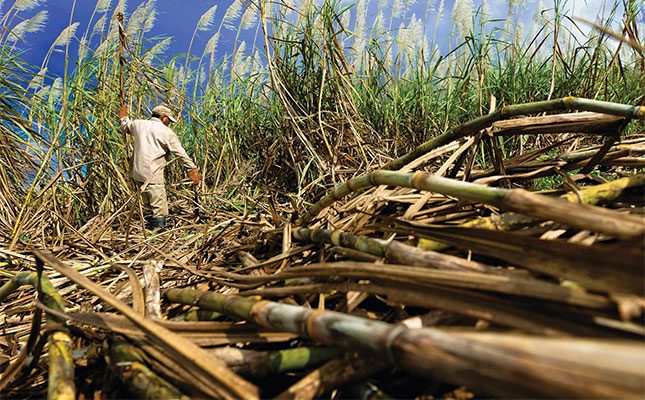
Speaking to Farmer’s Weekly, Rufus Nayo, Eastern Cape Development Corporation (ECDC) regional manager for Buffalo City and Amathole, said the support package, valued at over R350 000, included essential farming inputs such as animal health products, feed supplements, and livestock equipment.
He added that the initiative was aimed at boosting the Nqabarha Cooperative’s productivity and ensuring its long-term sustainability. It formed part of the provincial government’s efforts to strengthen co-operative enterprises and drive inclusive economic growth in the Eastern Cape.
According to Nayo, the Imvaba Co-operative Fund played a catalytic role in stimulating local economies: “Since inception, the fund has supported over 400 co-operatives in the Eastern Cape, contributing to the creation of more than 2 600 permanent and seasonal jobs.”
He added that the fund provided a once-off financial incentive of up to R600 000 per co-op, alongside institutional and capacity-building support.
The initiative supported a range of industries, including agro-processing, agritourism, manufacturing, and the oceans economy.
To qualify for support, co-ops needed to meet strict eligibility criteria. “A co-operative must be duly registered under the Co-operatives Act [No. 14 of 2005], with valid registration papers and a constitution consistent with the Act,” Nayo explained.
Other requirements included proof of market access through letters of intent or off-take agreements, quotations from suppliers, secure operating premises, and a commitment to training and financial record-keeping.
“The fund places a strong emphasis on sustainability, job creation, empowerment of youth and women, and contribution to community development,” Nayo said.
While the fund had seen notable success, Nayo added that challenges included weak governance structures, limited administrative capacity, and risks of fund misuse.
To address these issues, the ECDC provided the fund beneficiaries with governance training, post-investment aftercare services to promote business sustainability, and mentorship through seminars and workshops.
“We also mitigate risk by paying disbursements directly to suppliers, conducting site visits, and ensuring funds are released in tranches based on project readiness,” Nayo explained.
Sindisa Dunga, chairperson of the Nqabarha Cooperative, said the fund’s support was transformative.
“Funding will accelerate growth targets for the [Nqabarha Cooperative’s] farm and enable it to expand beyond local markets to supply abattoirs and feedlots. It will increase economic activity on the farm by facilitating regular trading, as opposed to seasonal sales to local communities,” he explained.
The co-op had grown from 20 cattle in 2004 to 80 in 2024. “Pooling our resources as a co-operative has allowed us to operate more efficiently and access better-quality bulls,” Dunga said.
He added that the funding had already had positive ripple effects in the local economy. “We’ve been able to employ additional farmworkers and use local labour to fence off our grazing land.
“By 2026, we plan to start producing our own animal feed using maize sourced locally, which will further stimulate economic activity in the community.”
Dunga encouraged other co-ops to start small and build a track record before applying for funding: “Funders prefer to support existing initiatives rather than new, untested ones.”
He also mentioned the importance of good governance: “Group dynamics can be challenging, so it’s important to establish clear rules for managing operations and resolving conflicts early on.
“Maintaining good credit discipline and compliance with tax obligations is equally important, as these factors influence funding decisions.”
Dunga added that collaboration was key. “It’s vital to maintain close relationships with the local Department of Agriculture to access advice and information at no cost. This kind of partnership is key to long-term sustainability,” he concluded.
Get trusted farming news from Farmers Weekly in Google Top Stories.
➕ Add Farmers Weekly to Google ✔ Takes 10 seconds · ✔ Remove anytime










